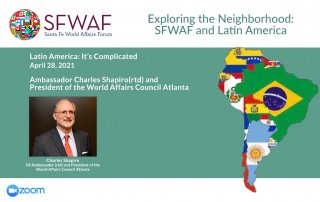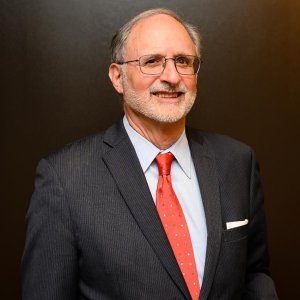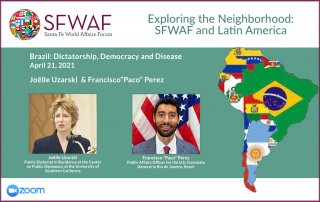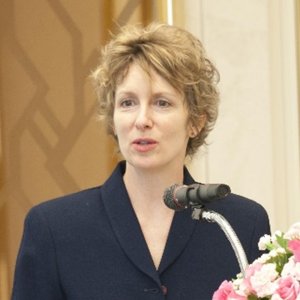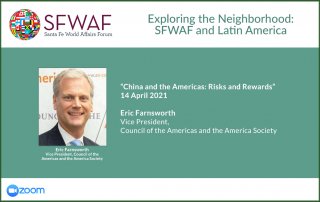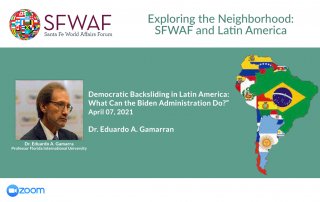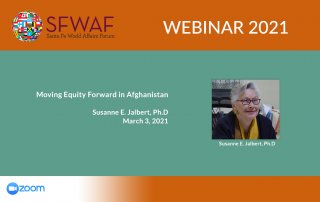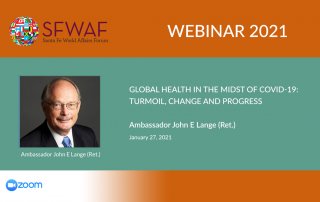Latin America: It’s Complicated
April 28, 2021
Charles Shapiro, US Ambassador (rtd) and President of the World Affairs Council Atlanta
Since the end of the Second World War, US focus on Latin America has been intermittent and inconsistent. It has been intense when we perceived Latin America as part of the Cold War rivalry or when the US private sector saw opportunity. We have been inattentive when we saw other parts of the world as more important or more threatening. Of course, it is Latin America and Latin Americans who are going to resolve their own problems. The United States can help Latin Americans move toward more prosperous, democratic and inclusive societies.
Here is a link to a map of Central and South America which Ambassador Shapiro has asked us to share with you to draw attention in particular to the immense size of the continent as well as to point out that Latin America is substantially further East than North America.
Charles Shapiro is president of the World Affairs Council of Atlanta and a senior lecturer at the Robinson College of Business at Georgia State University. During his 34-year career at the U.S. Department of State, he held a number of senior positions including Ambassador to Venezuela, Acting Assistant Secretary for the Western Hemisphere, and Coordinator for Cuban Affairs. Shapiro’s postings include Venezuela, Chile, Trinidad and Tobago, El Salvador and Denmark. His op-eds have been published in the Los Angeles Times, the Miami Herald, The San Diego Union Tribute and most recently the Atlanta Journal Constitution.

